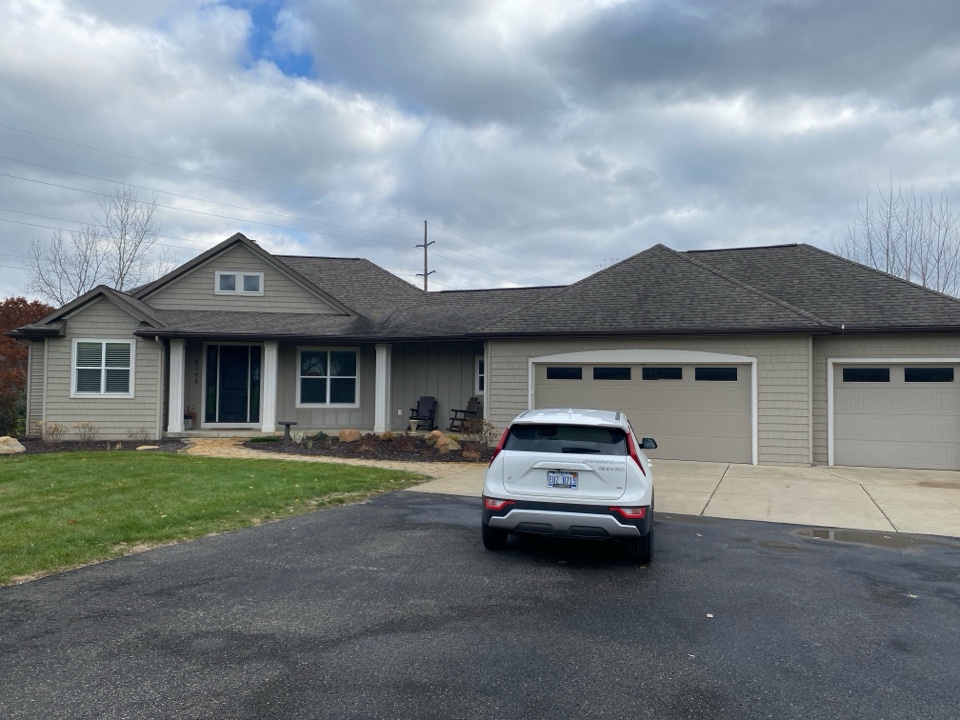A radon test is being conducted at this location
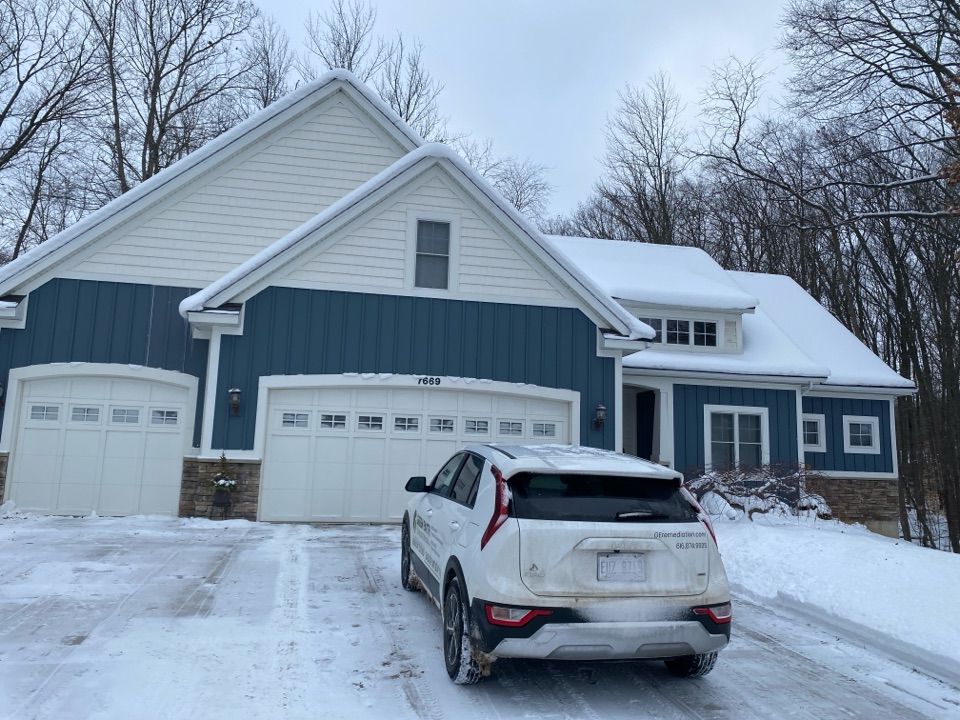
Great results from the post mitigation radon test that was conducted at this location. The radon levels have been lowered significantly
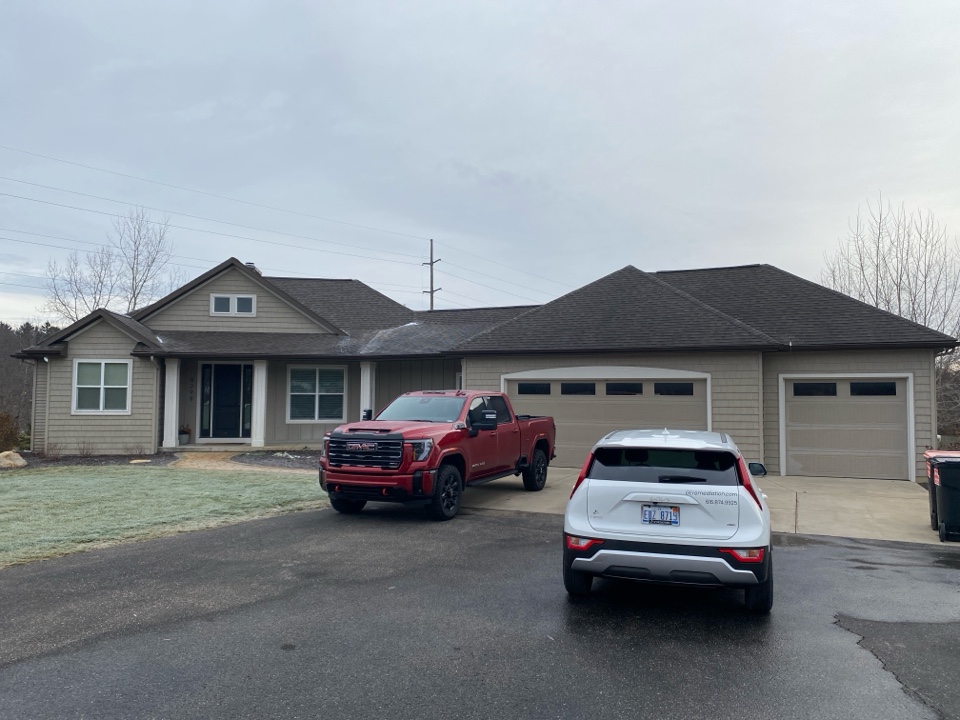
The post mitigation radon test at this location showed good results. The radon levels have been lowered
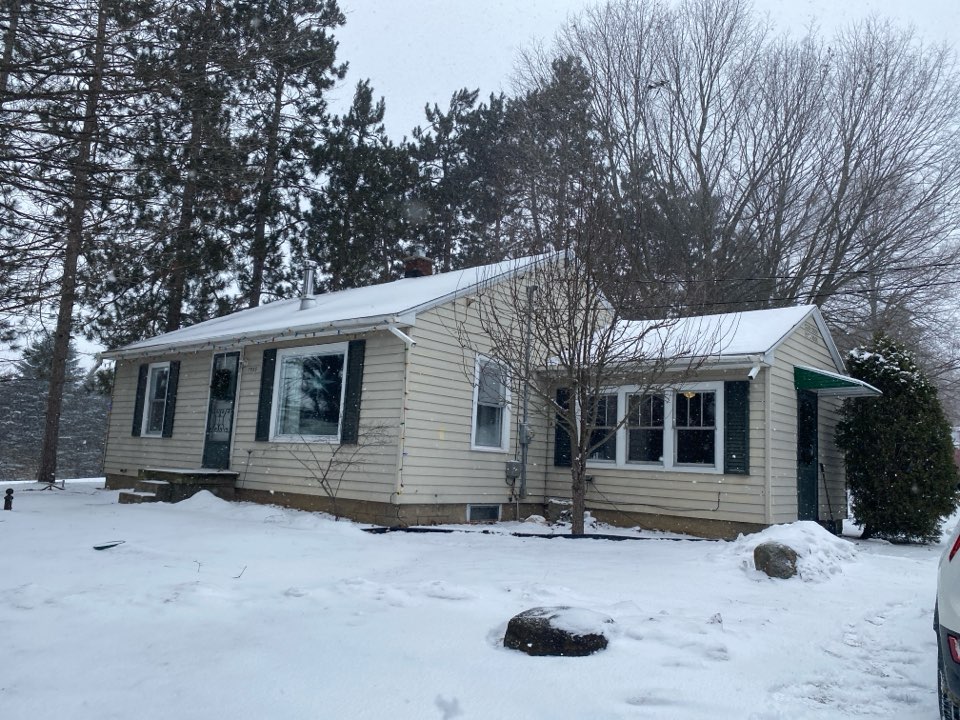
Just completed a job installing a radon mitigation system for a new home in Caledonia.
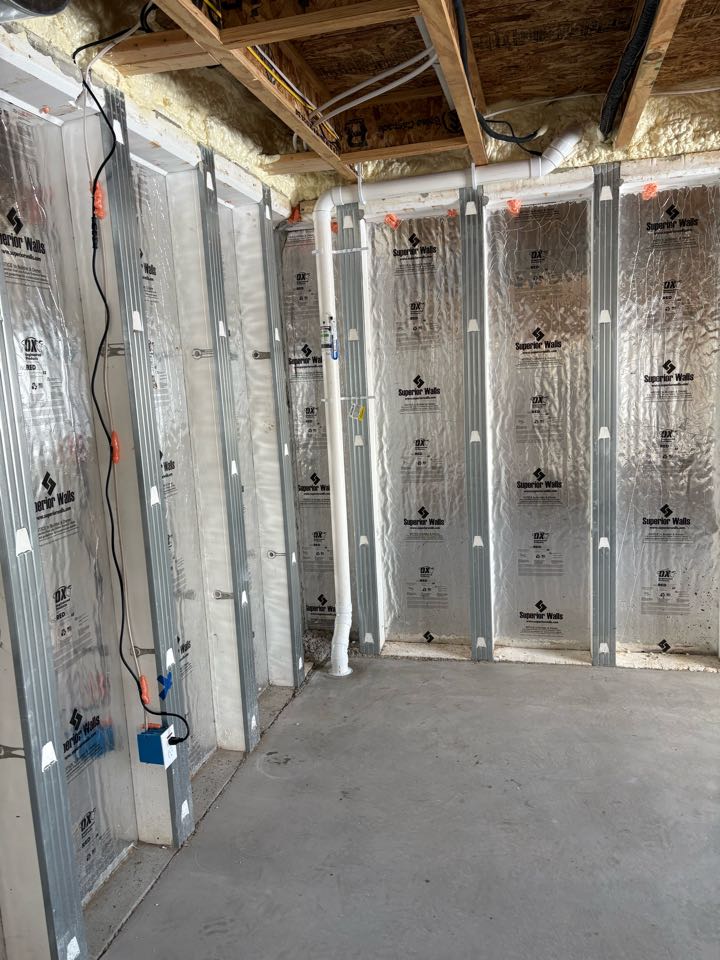
One more family home treated for radon mitigation
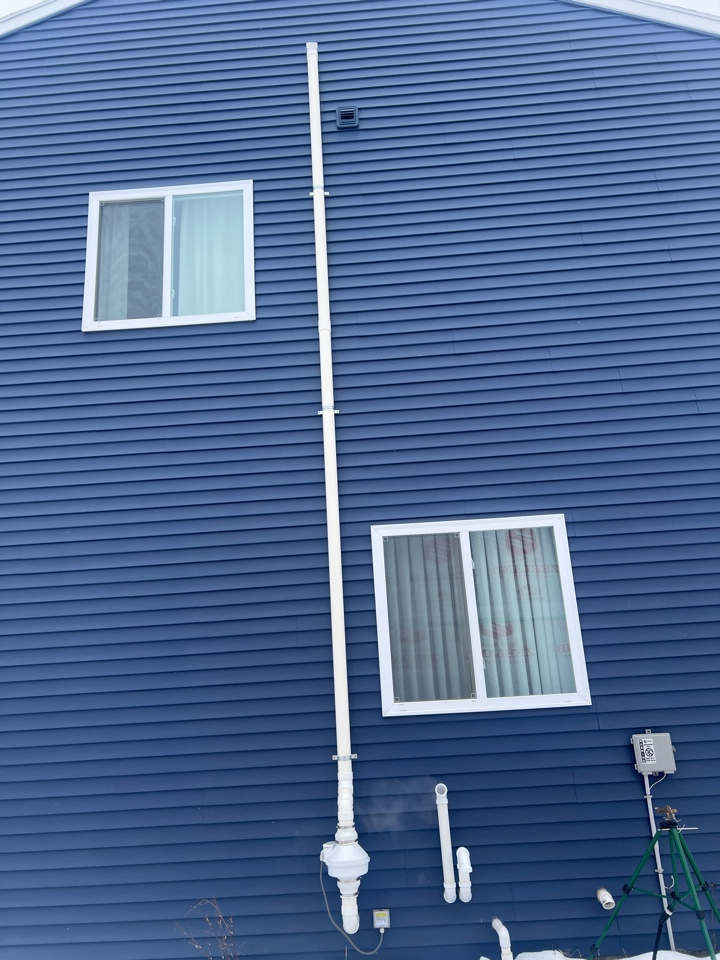
This newly constructed house has elevated radon levels. A radon mitigation system will be installed to lower the radon levels for the owners
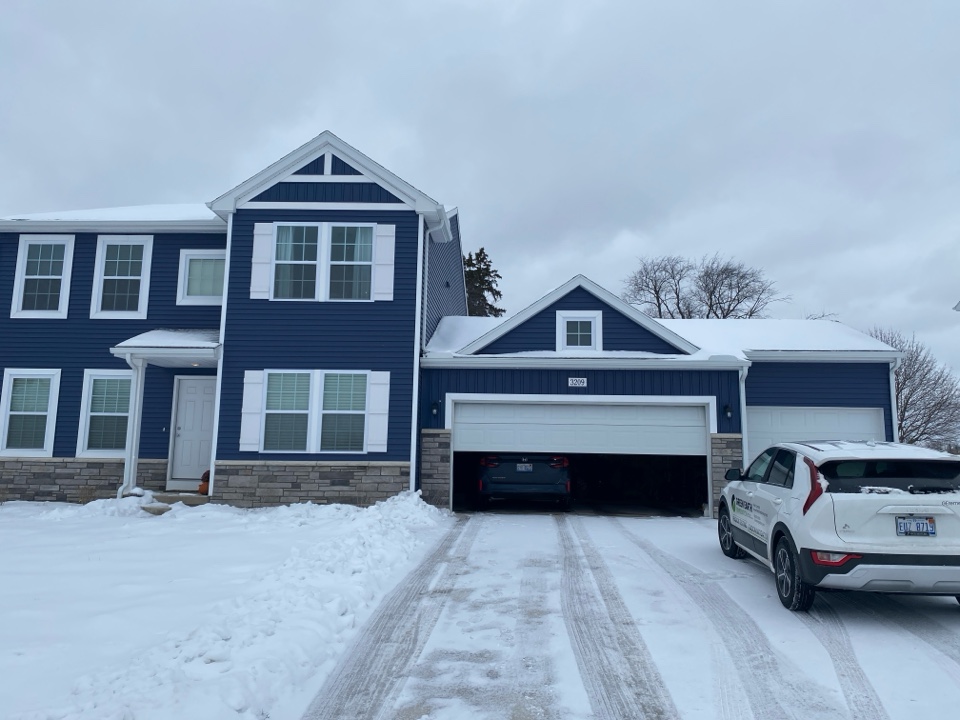
After finding out that their house has elevated radon levels. This homeowner wanted an estimate for a radon mitigation system to be installed. Later this month the mitigation system will be installed and the radon levels will be lowered
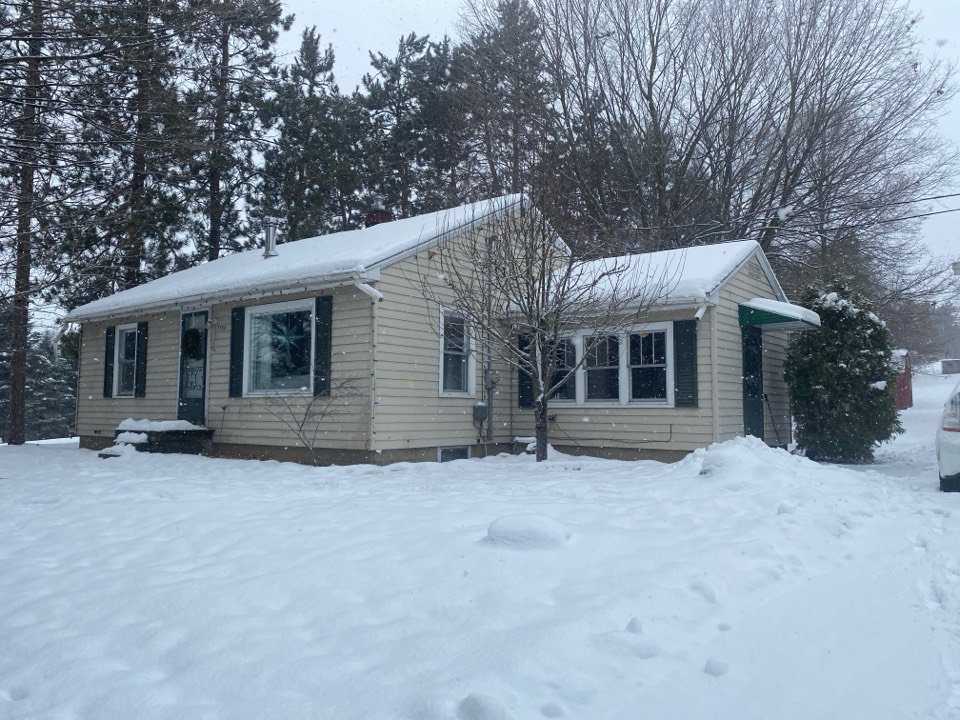
After the sales inspection revealed elevated levels of radon. The new owner of this house wanted an estimate for a radon mitigation system to be installed. Later this month the system will be installed
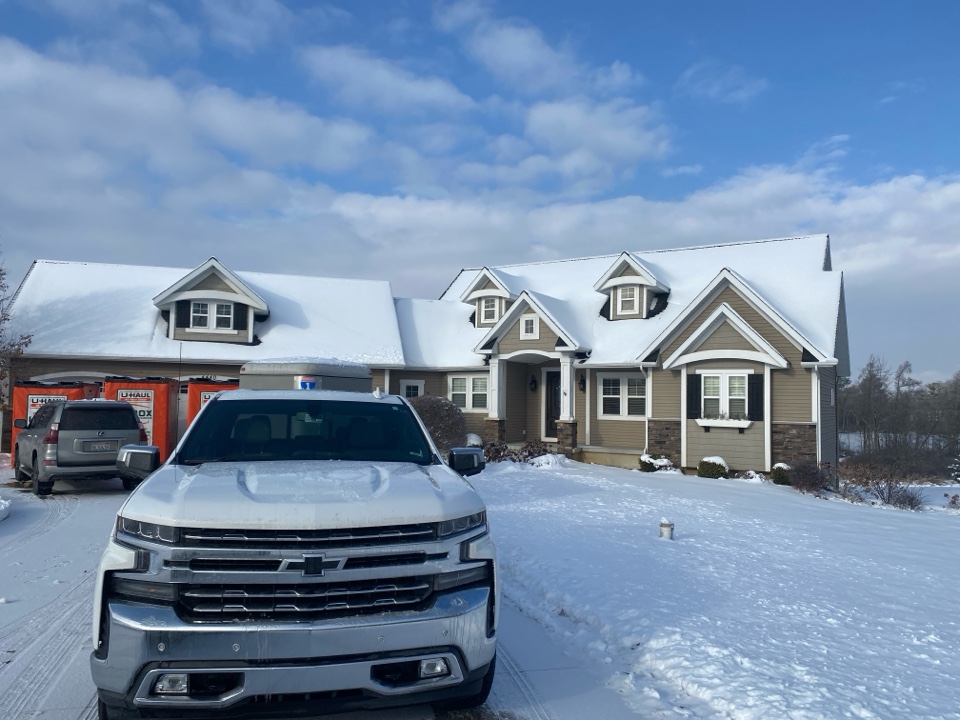
Radon test came back 1.7 which is acceptable
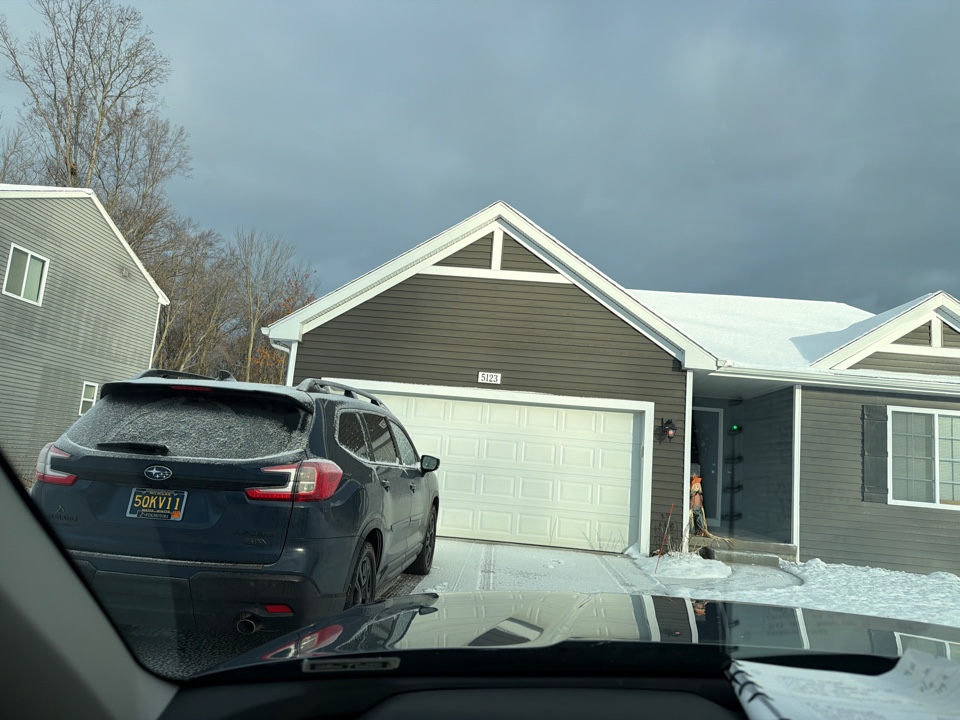
Setting a radon test in a new house build
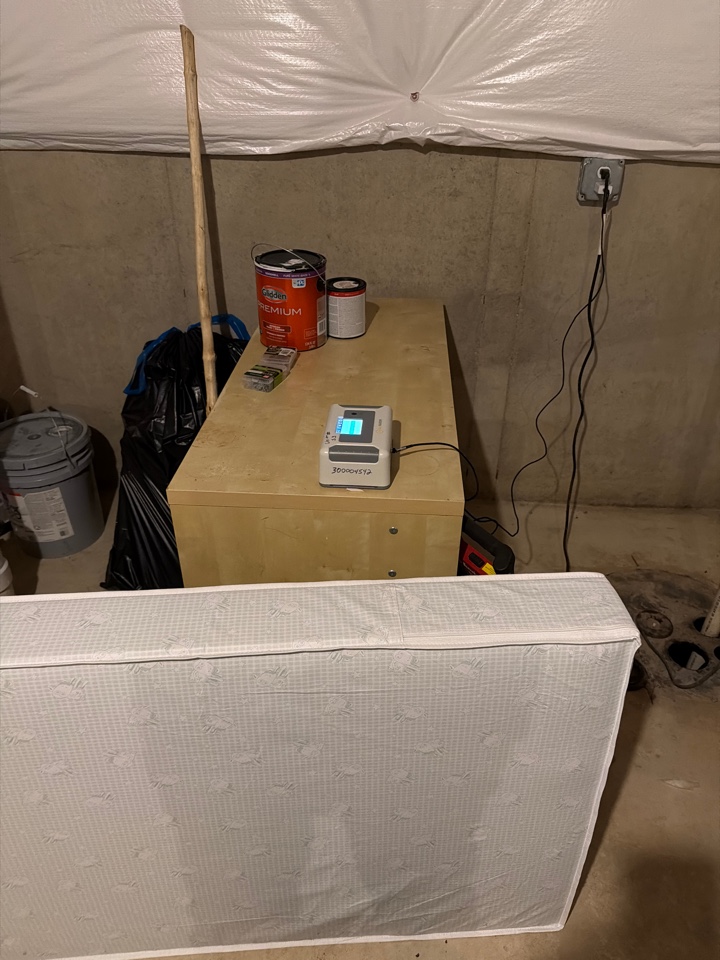
The radon levels at this house were found to be elevated. A radon mitigation system will be installed next month to lower the radon levels to an acceptable level

A radon mitigation system is needed in this house so that the sales process can move forward. Early next month a radon mitigation system will be installed for the new owners
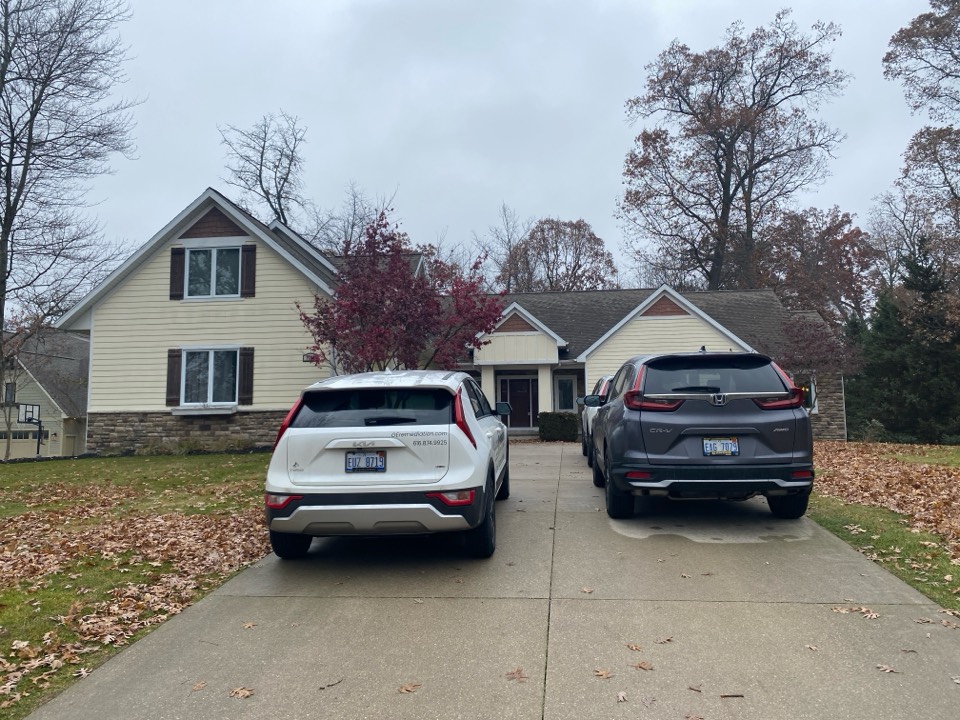
Because elevated levels of radon was found during the sales inspection a radon mitigation system will need to be installed. Later this month a radon mitigation system will be installed
